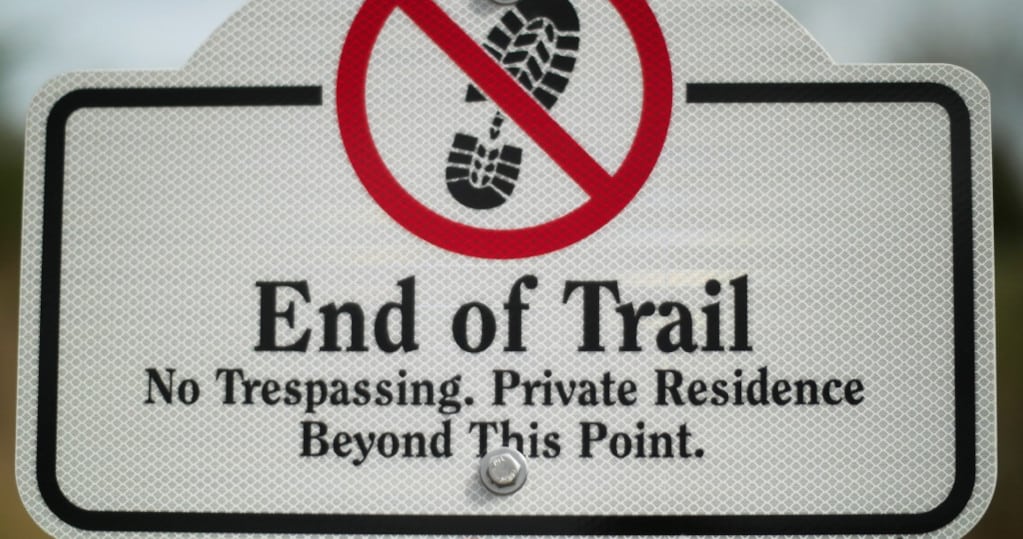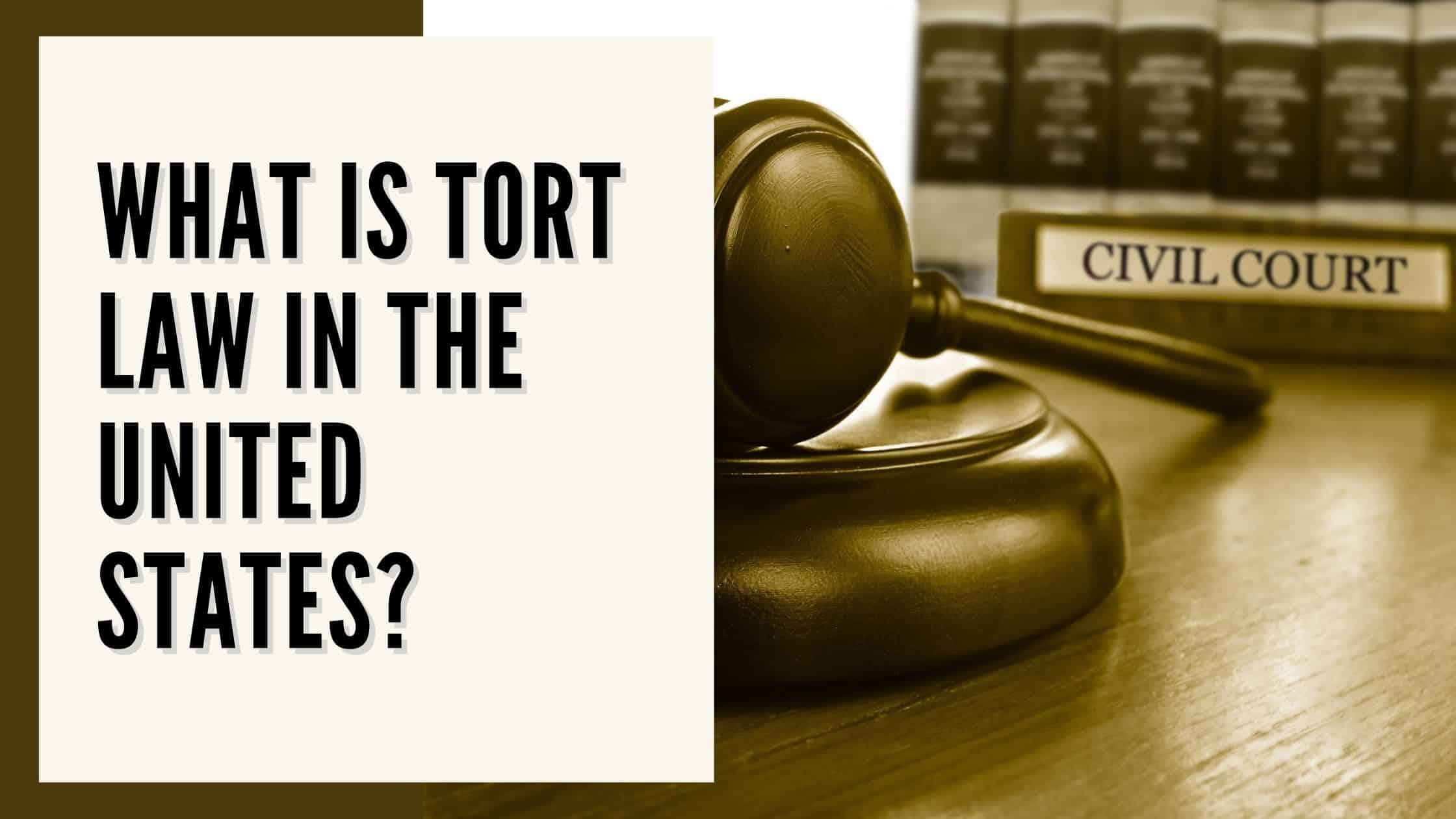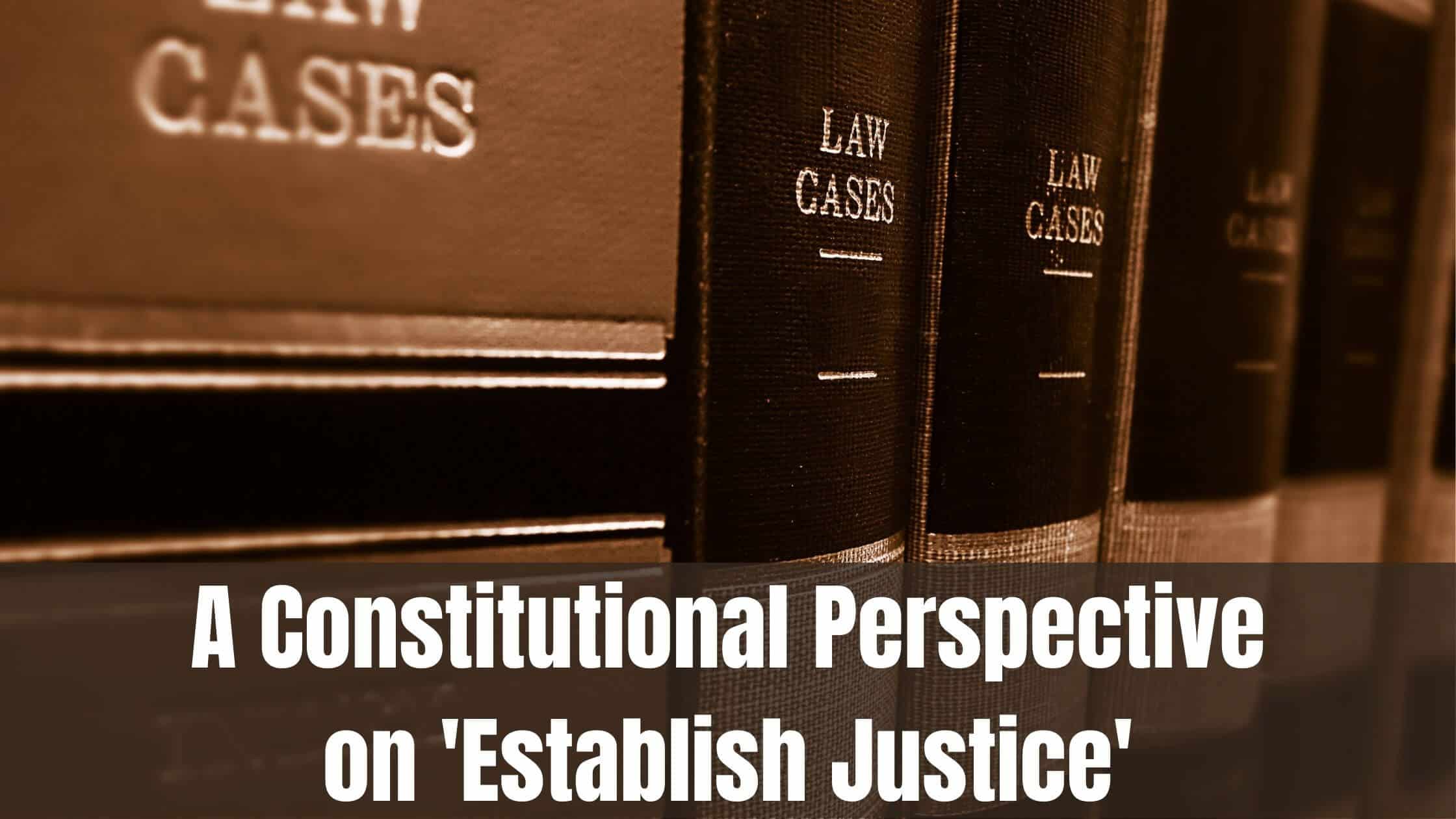Table of Contents
ToggleTort law is a specific section or branch of law within the United States. This section of law deals with and adequately covers most civil litigation suits.
Generally speaking, any claim that could arise within any civil court will fall under tort law – the only notable exception being contractual disputes, which fall under contract law.
Therefore, the true concept and purpose of tort law should be considered to redress a civil wrong done to a person while attempting to provide them with relief from the wrongdoing of others.
Monetary Compensation
Redressing a wrong and providing relief for a wrongful act is often achieved by awarding the victim with monetary compensation for the damages that have been caused – whether they be mental, physical, or financial.

The original intent of tort laws was to compensate people for proven harm committed against an individual, acting as a form of restorative justice.
Because of how tort laws have been designed to aid victims, those found to be at fault will have to compensate their victims in some form.
There may also be instances where additional punitive damages are put in place as a means to punish the plaintiff, over full compensation.
It is also worth mentioning that there are three main categories of tort law – intentional harm, suits involving alleged negligence, and strict liability.
Intentional Torts
Intentional torts will occur when the defendant in a case has knowingly or blatantly intended to cause harm to another person(s).

This sort of harm can be a result of physical actions, as well as any willfully caused emotional distress. An intentional tort can even be applied when someone has committed property damage with the intent of doing so.
As such, certain crimes can be classified as intentional torts – for example, assault and battery.
In tort law, assault is considered an attempt or threat to cause harm, but without touching or making physical contact.
On the other hand, an occurrence of battery will include intent, contact, and physical harm – carrying the potential of both a tort lawsuit and criminal charges.
Other intentional tort examples
Other examples of intentional torts can include trespassing, conversion, and the purposeful infliction of emotional distress.

Trespassing occurs when someone intentionally enters private land or property without permission – often coupled with damages to property.
Conversion happens when a person wants to regain the monetary value of a piece of property (land or other tangible physical property, like a car) that was stolen and can no longer be returned or repaired.
The intentional infliction of emotional stress occurs when someone attempts to cause severe distress, fear, etc., to another person.
Negligent Torts
While some torts are intentional, as shown in the material just covered, some fall under a different category – negligence.

Get Smarter on US News, History, and the Constitution
Join the thousands of fellow patriots who rely on our 5-minute newsletter to stay informed on the key events and trends that shaped our nation's past and continue to shape its present.

A negligent tort will involve:
- Injuries that are a result of careless actions where duties are breached.
- A failure to assist or act.
- Even crimes like distracted driving.
Simply put, these actions are done without malice and completely unintentionally. However, the law still recognizes the obligation to make these wrongdoings right.
Many actions result in personal injuries that can fall under this particular category of tort in civil law.
These could include physician malpractices, slip and fall injuries on unmaintained private property, car accidents, and many more.
The four elements of negligence
Because of the many incidents that could be categorized under negligent torts, a victim (plaintiff) will have to demonstrate and prove a violation of the four elements involved in a negligent tort case – duty, breach of duty, causation, and overall injury.

There must be a proven duty that the defendant has to the plaintiff while demonstrating that there has been some breach or infringement of that duty.
An example of this could be a public bus driver negating the road rules and causing an accident, resulting in a passenger being injured.
Lastly, the causation of the accident must be proven to be the breach of duty, which in turn, caused a medically validated injury.
Strict Liability Torts
There are a few different situations where a strict liability tort may arise, with company product liability cases and wild or domestic animal cases commonplace.

Product liability cases occur when a person is injured due to a defective or inadequately tested product.
This also means that depending on where the defect and personal injury occurred, the manufacturer, seller, and even the packager can find themselves being held liable.
The plaintiff will have to prove without a doubt that the injury did occur as a result of a defect and not a modification that they made to a product, a result of the incorrect utilization of the product, or the failure to properly read the owner manual.
A wide array of products could fall under this sort of tort case, some of those including food, medications, medical devices, vehicles, appliances, tools, and more.
Wild and domestic animal tort liability
Wild and domestic animal strict liability cases do work a little differently. A person who chooses to keep or own domesticated or wild animals as pets is held strictly liable for them and any potential harm they could cause someone.

If a negligent owner allows their poorly trained dog to get loose, and that dog attacks someone out of fear, the owner will be held liable and responsible for any damage caused – physical and emotional.
This is also why it is crucial to know the local laws in an area regarding animals, as they can vary from state to state in the United States.
Types of Compensation in American Tort Law Cases
As previously mentioned, because civil litigation cases fall under the purview of tort laws, an attorney will often work with the plaintiff to accurately determine the best form of fitting compensation.
Compensatory damages will reflect the extent of the crime(s) and will be pertinent to the particular tort case.
Some types of compensation that may be awarded are the repayment of any lost wages, the coverage of medical bills, and therapy or counseling services for any pain and suffering caused.











